TheatreIST, Türkiye’s (the newly changed name of Turkey) independent theatre festival, has just had its first year in Istanbul (May 22). It was sponsored by the Tourism Promotion and Development Agency (TGA) and İstanbul Metropolitan Municipality. Ragıp Ertuğrul, a much-loved playwright, director, and critic was the inspiration behind its birth but had to take time away due to a sudden illness. Thus the rest of the organizing committee—Handan Salta, Zerrin Yanıkkaya, Nihal Kuyumcu, Hasibe Kalkan and Gökay Genç (who was also the co-founder of Rest Tiyatro with Ertuğrul)—took up the leadership mantel to develop a successful event that included: thirteen performances; talks; panels; invited academics; journalists; and a wide range of festival directors and curators, from Canada to Israel. Sadly, I learned that in July, Ertuğrul unexpectedly passed away, to the deep distress of the theatre community in Türkiye and across the globe. However, it’s not wrong to say that the festival’s inaugural success is and remains a testament to and a celebration of Ertuğrul’s innovative spirit and dedication to the progression of Türkiye’s independent theatre scene.
Theatre is strong in that country—Istanbul alone has several hundred theatres and a snowballing independent sector. Politically and socially, the country feels like it is growing and flapping the wings of awareness. The rise of feminism to counter Türkiye’s appalling femicide record (three hundred women were killed in 2020) and the new wave of activists following Gezi Park—an environmental protest in 2013, which quickly became a protest against President Erdoğan’s rule—is driving the country forward, even if on-the-cusp autocrat Erdoğan and his AKP (the Justice and Development Party) seek to rein in such mobilizing forces.
It is worth noting that even as horrific examples of male-on-female domestic abuse were being caught on film, Erdoğan incomprehensibly withdrew Türkiye from the Istanbul Convention in 2021, a treaty meant to fight violence and domestic violence against women. It drew landmark protests from Turkish citizens, many of which were repressed. Even now, the president is seeking to quash groups highlighting the rights of women by trying to shut down the country’s We Will Stop Femicide platform, on the grounds that it is “damaging the family structure.” And since taking Erdoğan’s name in vain might land a person in jail, theatre has become not a retreat but a space to tackle Türkiye’s issues head-on and in a way that won’t gain artists a criminal record. Certainly, whilst the mainstream theatre sector is self-censoring or suffers censorship from the authorities, the independent sector is more daring. Salta, one of the organizing spirits and lights behind the festival, also impressed upon me the need for Türkiye to connect independent artists with platforms abroad and build a feasible sustainability program since the scene has suffered post-COVID as well as because of Gezi Park.
It is perhaps of no surprise that the festival felt female-led. The rise of female voices in theatre has also led to rising female critical voices. The project Feminist Endeavour, driven by Salta and Ejder in its search for plays about, for, and by women fed into this festival and provided a critical backbone. The focus was on hidden historical female activists, artivists, and writers, which formal Türkiye (Salta describes it as “seeming depressive and dark from the outside”) has been good at forgetting about. There was also much discussion about the audience bearing witness to atrocities that Türkiye officially still refuses to recognize, such as the Armenian Genocide in 1915. (This is a Mountain Story, the festival’s closing show, bore testament to this, as did the show Zabel and a part-dialogue, part-choral piece, Gomidas.)

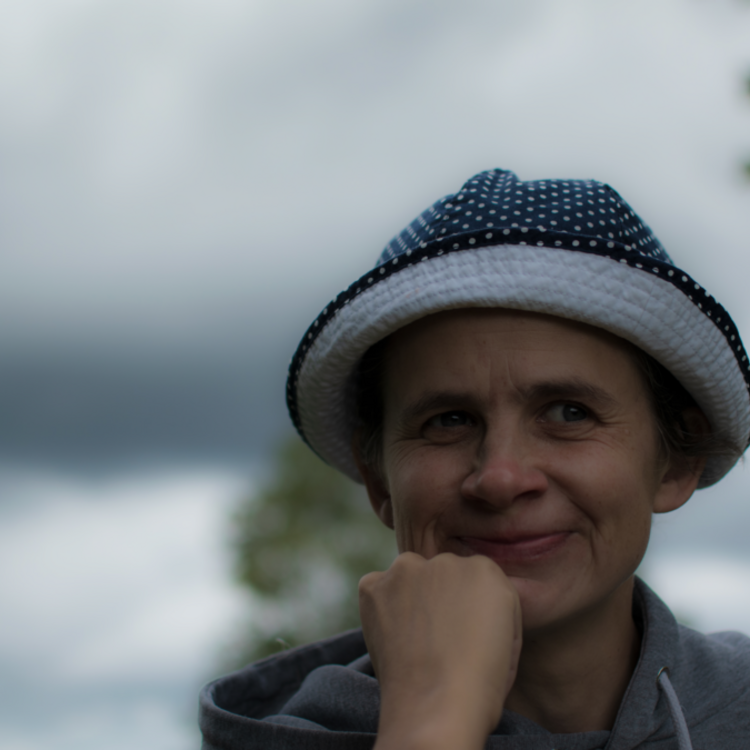
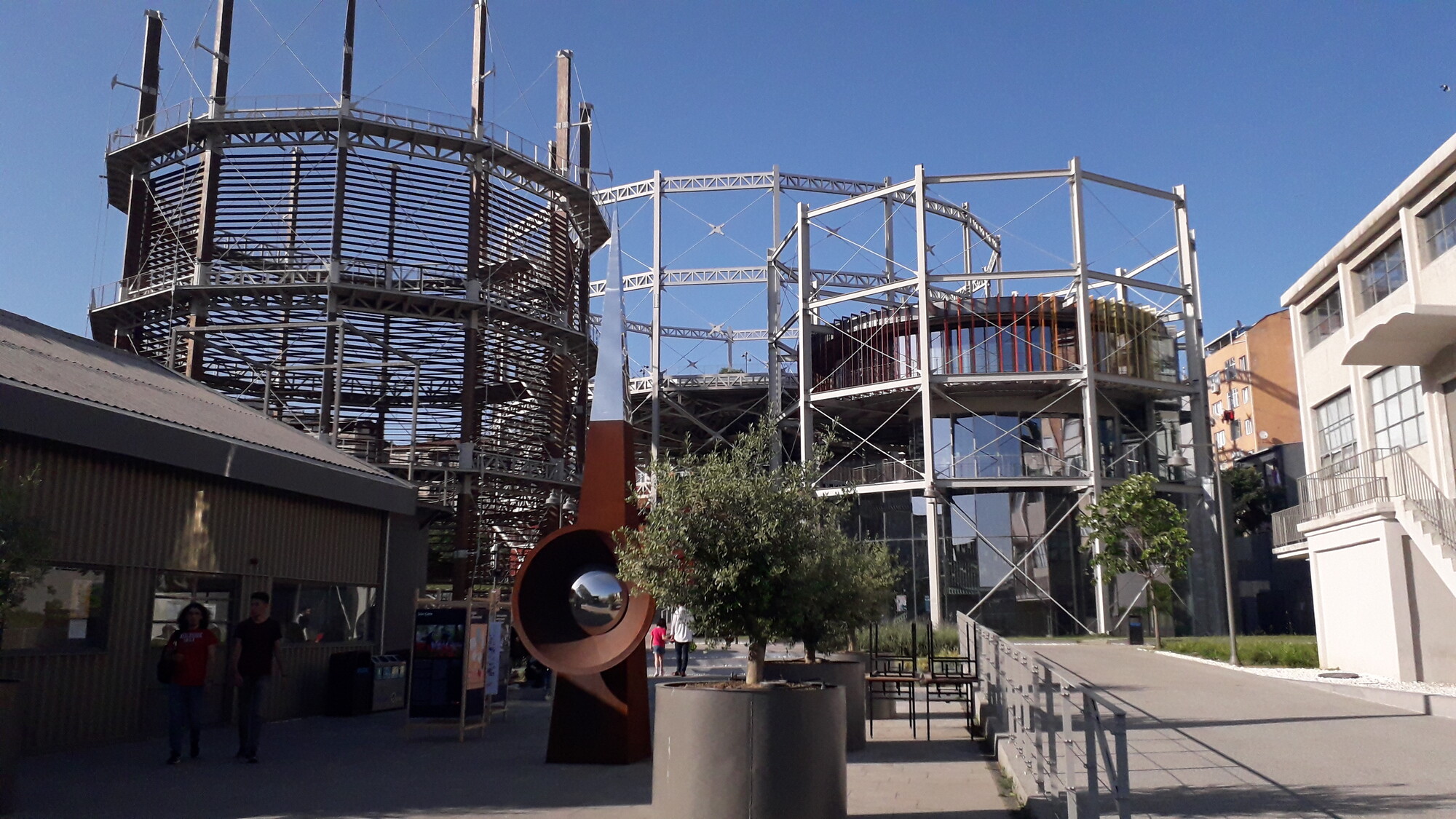
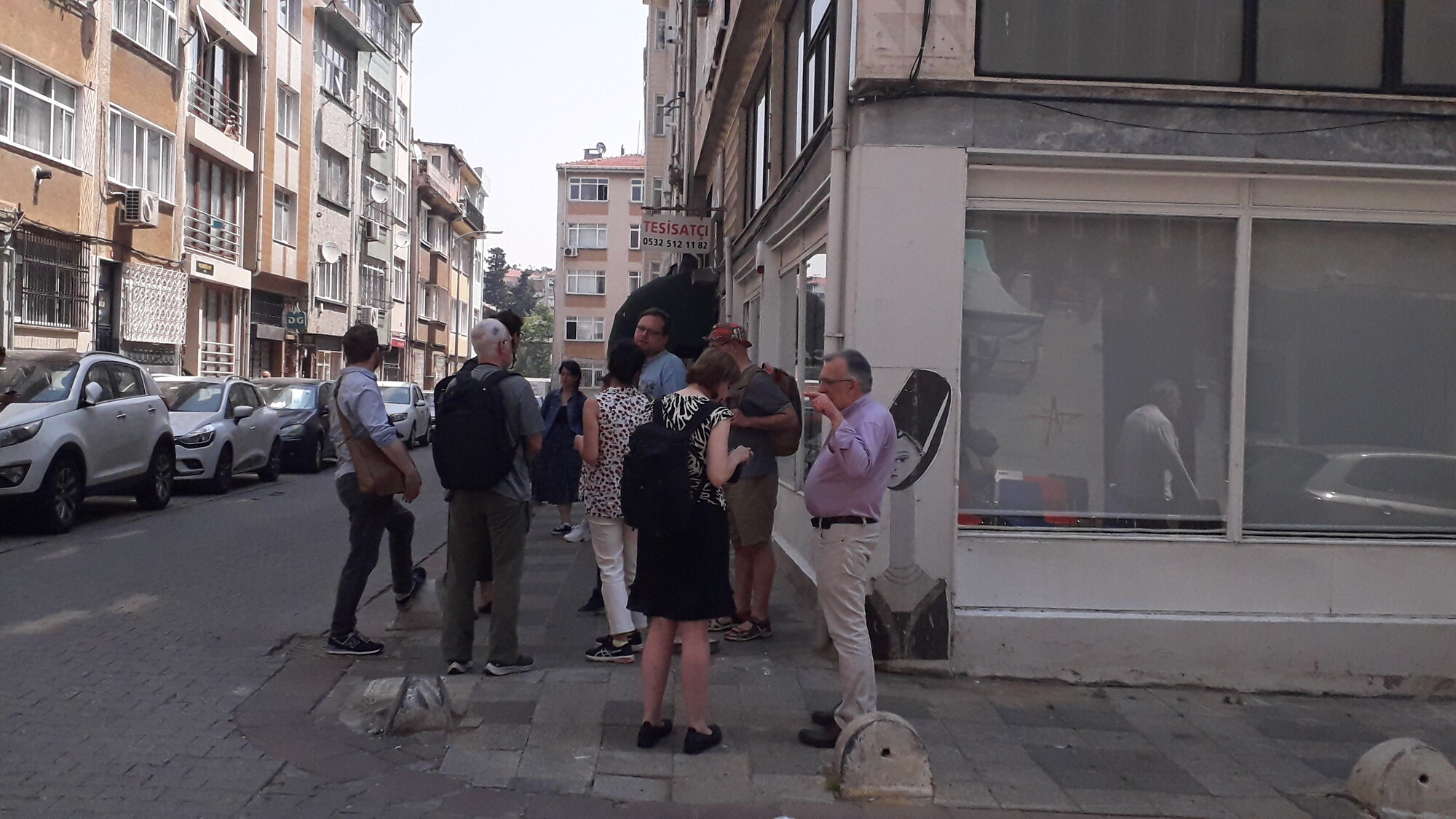
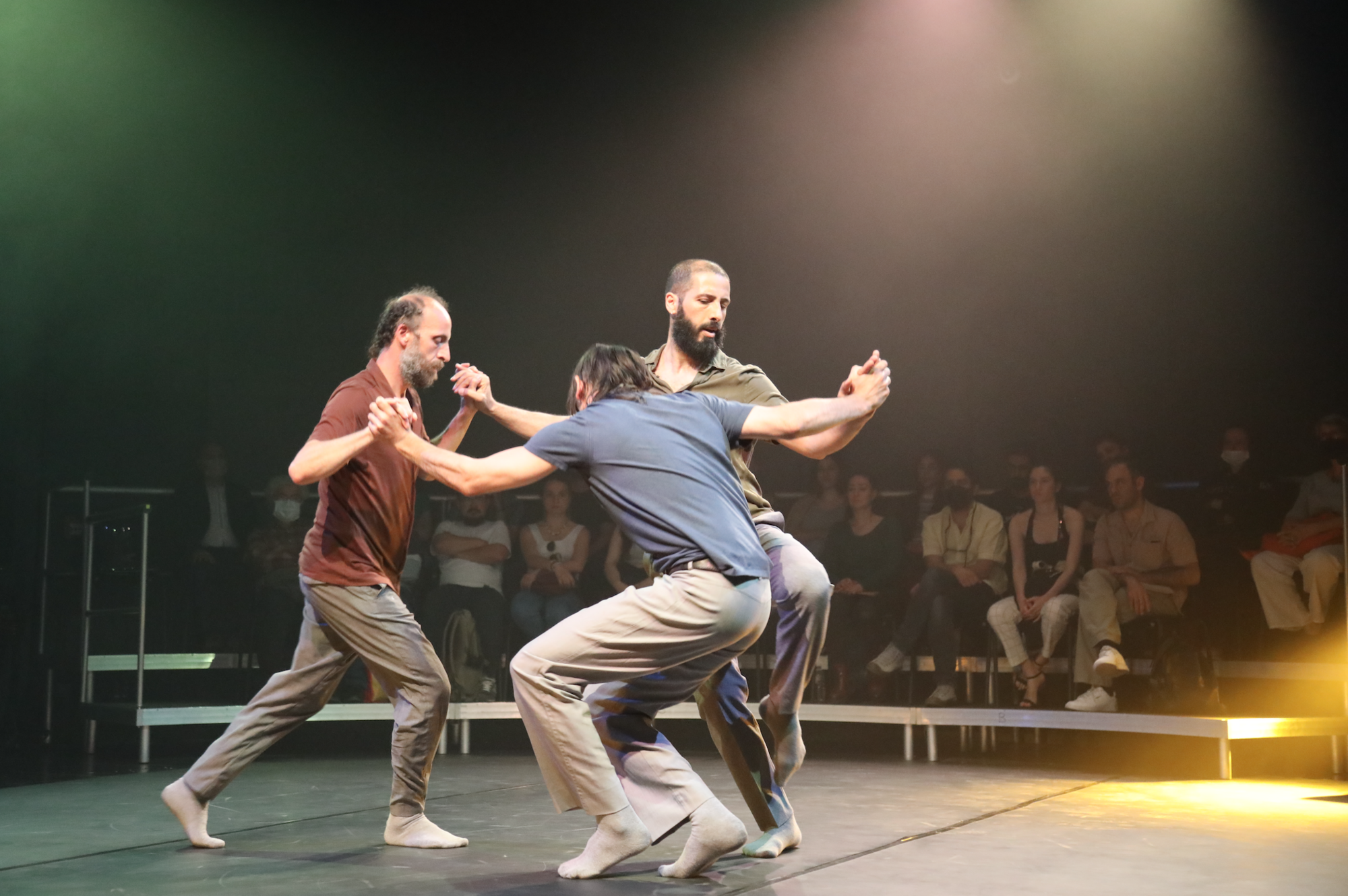
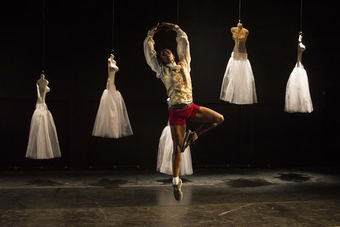



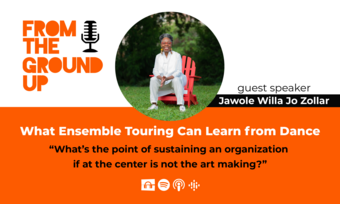


Comments
The article is just the start of the conversation—we want to know what you think about this subject, too! HowlRound is a space for knowledge-sharing, and we welcome spirited, thoughtful, and on-topic dialogue. Find our full comments policy here